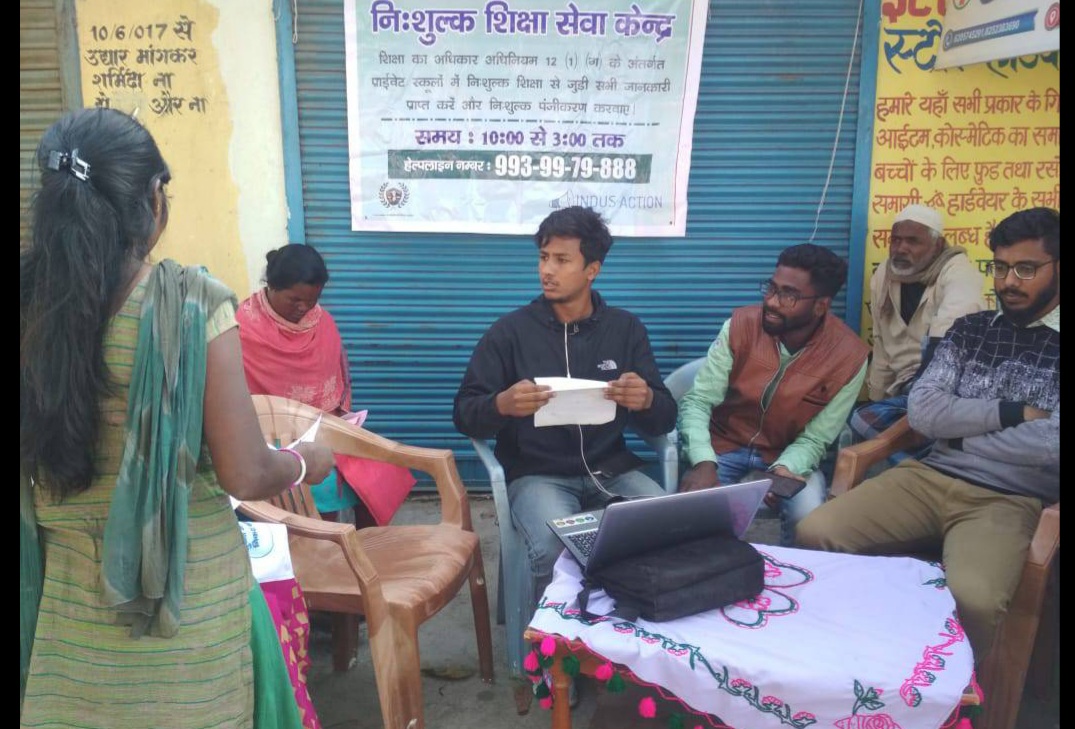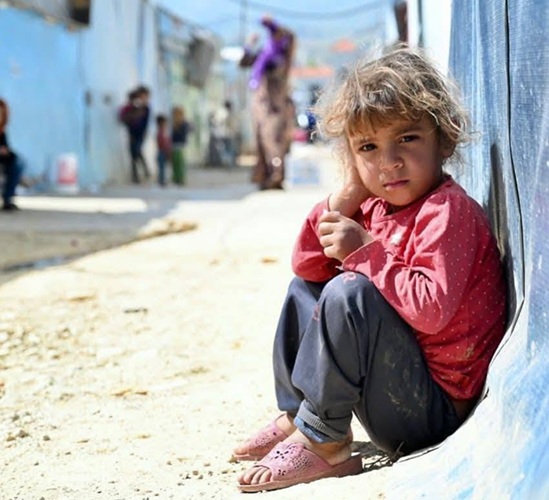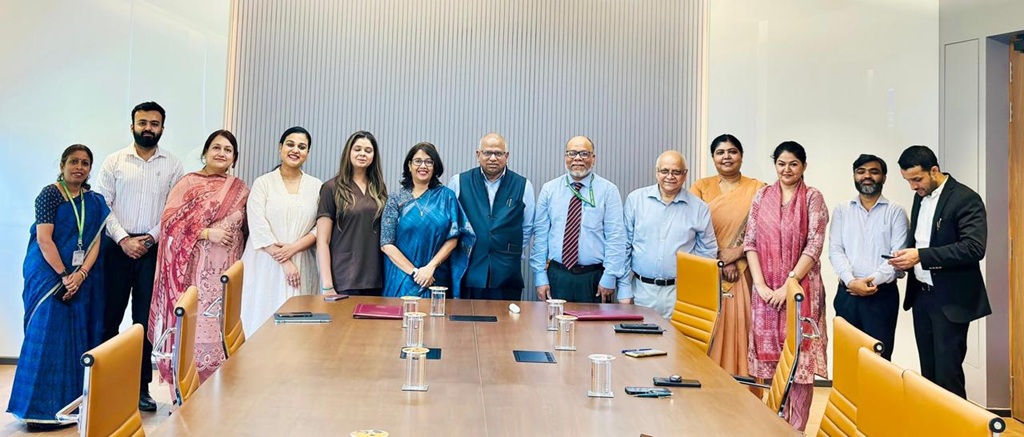By Hassan al Banna
WHO ARE APNA?
Founded in 2018 under the Societies Registration Act, 1860, Association for Parivartan of Nation (APNA) is an NGO run by a group of young people who are committed to social equity, equal opportunity and justice. Envisioning a dream of bringing changes in the area of education in Jharkhand, APNA also works to create and conduct research, advocacy based on the research for women – empowerment. Their initiatives, campaigns and programs match with the Sustainable Development Goals – SDGs. While the focal point of their activities is within the field of education, awareness and intervention are APNA’s beginning work. In addition to that, the organisation addresses issues of climate activism to gender sensitization.
THE VITALITY OF RTE ACT AND SECTION 12 (1) (C) IN THE IMAGINATION OF SOCIAL JUSTICE
A decade ago, the legislation of the Right of Children to Free and Compulsory Education Act, 2009, commonly known as Right to Education Act (RTE Act), recognised elementary education as a fundamental right. While there exist constitutional provisions specifically targeting the vulnerable sections of our population, a lack of awareness of these means that the intended beneficiaries miss out on them and remain tied by intergenerational backwardness.
Section 12(1) (C) of the RTE Act maintains that a minimum of 25 percent of seats at the entry level must be reserved for students from economically weaker sections (EWS) and disadvantaged groups (DG) in private unaided schools. An RTI on the percentage of seats filled in this allocated section shows that a massive 74% of seats were vacant in the academic year of 2019-20 in the district of Ranchi. Parents find it cumbersome to fill in the details sought by application forms. Not to mention how being enmeshed in protracted bureaucratic procedures takes a toll on families dependent on daily-wages. Added to these issues are the critical gaps, poverty and marginalization of the section and its implementation.
APNA’S IMPACT IN JHARKHAND
The state of affairs in Jharkhand, India’s poorest state, is quite grim. The state government stipulates that children belonging to disadvantaged groups or to families earning less than rupees 72,000 per annum can rightfully assert claim over section 12 (1) (C) of RTE. While the process to avail admissions appears simple and short, APNA’s groundwork tells a wildly different story. Lack of government instituted awareness campaigns, brief window period to file applications and absence of an application tracking system are a few issues that plague the process.
APNA’s ‘Project 21-A’ works at the grassroots level to spread awareness about rights, and procedures to avail them. ‘Project 21 A’ has observed how the path to education is riddled with many difficulties for families. APNA’s volunteers offer guidance to parents throughout the process, providing adequate help at each step.
Shobha Hans belongs to a tribal community in Jharkhand, and is from a low income background. Through a workshop held as part of APNA’s Project 21 A campaign, Hans learned about the RTE act. By making use of the RTE provision, he could enroll his two daughters to a private school in Ranchi. Here is where APNA’s work becomes crucial: spreading awareness on existing provisions among the targeted beneficiaries. In the absence of state led initiatives to create awareness on the RTE, APNA’s work is of extreme significance.
“At no point did the organisation leave us on our own to figure out things and people from the organisation regularly contacted us to check whether we were facing any difficulties in the process”, says Shahila Parveen who sought APNA’s help and managed to enroll her children to private schools.
Using multiple media and establishing interpersonal communication with parents, APNA strives to maximize the efficacy of the RTE Act. APNA tracks the progress attained by RTE Act’s implementation by conducting surveys in schools, and also offers policy recommendations.
Based on their three year experience working in various cities across Jharkhand, APNA noted several shortfalls in implementation. Applicants are disqualified if they do not reside within the five kilometer radius of the school in consideration. Such rigid policy requirements prove fatal to the concept of equal opportunity. APNA has pointed to the necessity of extensive campaigns following the release of the first notification. The duration for filing applications needs to be lengthened too.
THE ROAD AHEAD
Through its flagship initiative of ‘Project 21-A’, Association for PARIVARTAN of Nation has helped over 3,000 disadvantaged & underprivileged communities to access the fundamental right to Education. In doing so, Project 21A has directly enrolled more than 500 students in less than three years in Ranchi city under RTE Act. APNA is creating inclusive classrooms where every child has equal opportunity to learn and grow.
“Since its inception, the mission of APNA has been to uphold values and social justice and work at the grassroots to resolve issues faced by communities that have been marginalised in the society. communities. Our discussion series ‘Tribal Echoes’ has been another key achievement that brought forward important voices from various marginalised communities. APNA has also been involved in organising multiple panel discussions, workshops and ‘E-Baithak’ on issues of law and justice, educational reforms, public policy and gender, as well as organised symposiums and sessions on career-counselling for students coming from different communities” says Hasan Al Banna founder of the organisation.
In the future, APNA plans to expand its Project 21A program and aims to enroll every year more than twenty five thousand marginalized children in Private unaided schools in over 24 districts of Jharkhand.






0 Comments